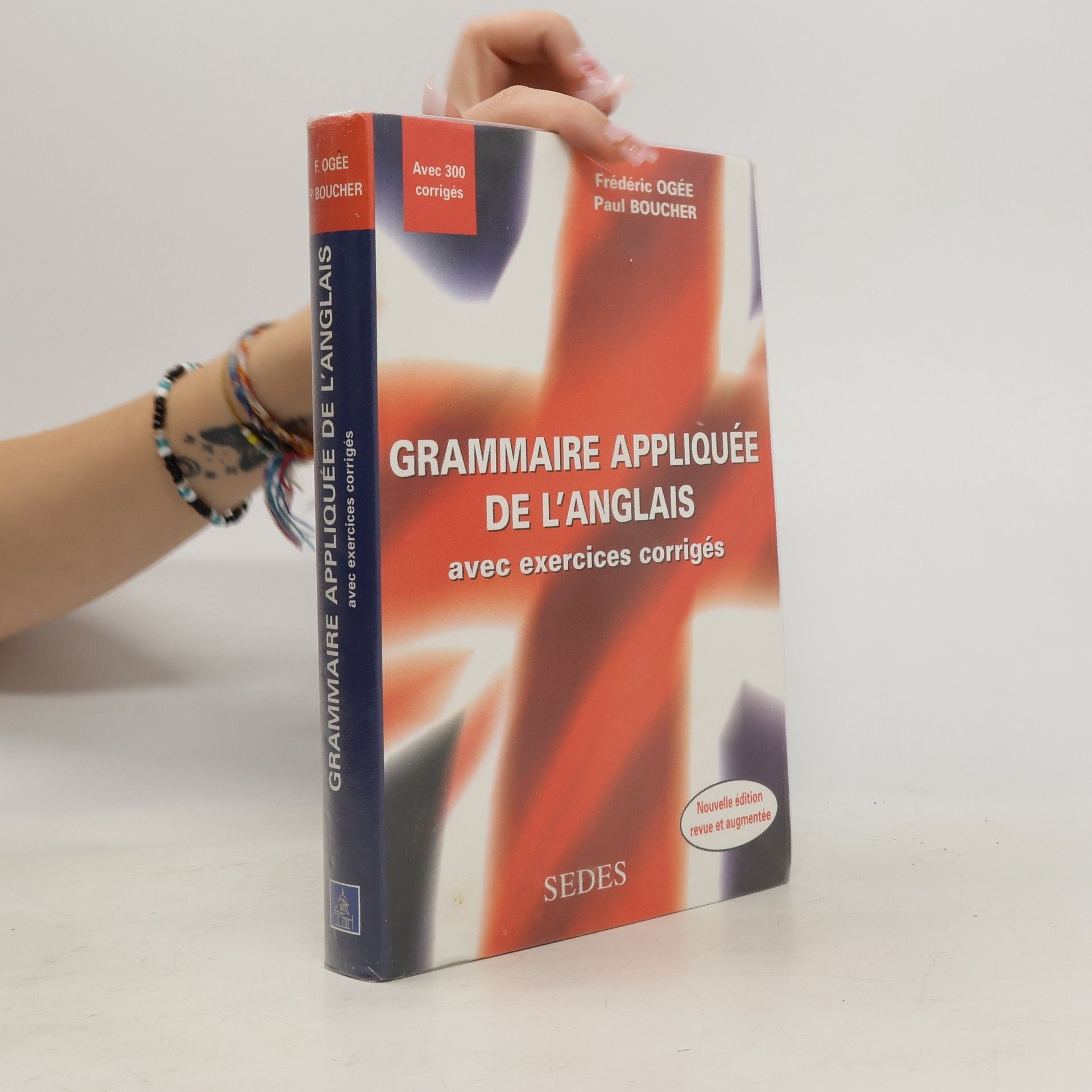Grammaire Appliquée de L´anglais - avec exercices corrigés
- 424pagine
- 15 ore di lettura
Conçu aussi bien pour répondre rapidement aux multiples questions ponctuelles que se posent les francophones que pour analyser de façon détaillée le fonctionnement de la langue anglaise, cet ouvrage peut être utilisé de façon complé la typographie variée, la numérotation des paragraphes, l'index très détaillé et les annexes pratiques permettront à tous de trouver aisément la réponse à une question ponctuelle; l'organisation intégrée en chapitres, l'analyse progressive des phénomènes et l'étude contrastive du français et de l'anglais, enrichie des apports récents en linguistique, offrent à ceux qui le souhaitent une réflexion riche sur la langue anglaise et son fonctionnement. De nombreux exercices variés correspondant aux points traités dans les paragraphes sont regroupés à la fin de chaque chapitre.
